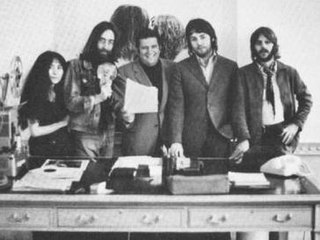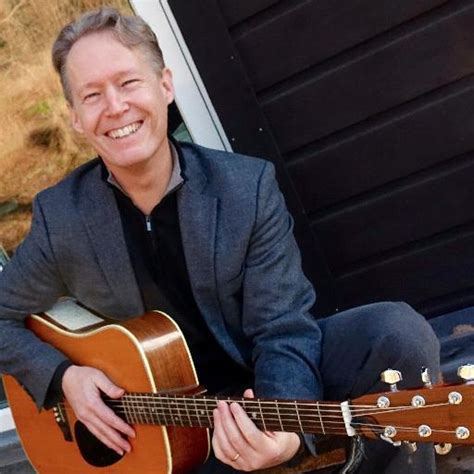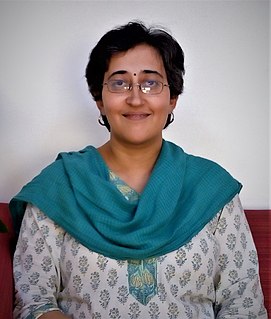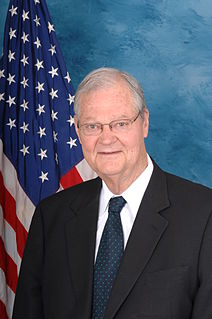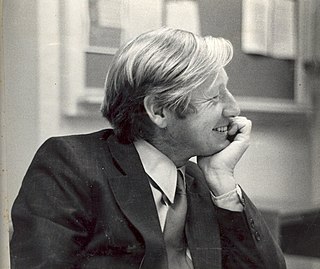A Quote by Allen Klein
Research has shown that people who volunteer often live longer.
Related Quotes
How much is enough? How much does anyone require? Can I be both kind and tough? Can I put faith before desire? Right now, for all time, I vow to try . . . I volunteer to be simple, I volunteer to love, Every living thing like a mountain stream that flows out o'er the land. I volunteer for the journey from here to heaven's gate. I will do my part I place my heart in Your gracious hands . . . How then shall we live? Let us live lightly as a feather. How much shall we give? Let us give everything, together One heart, one mind, all humankind... I volunteer.
Monsanto will not come empty-handed. Monsanto will come with a big bag of money. And because these governments are poor, when they are shown money for their research institutions, for their universities, for their professors, they are very quick to say yes, and I can tell you that when Monsanto came to Kenya, they were able to be given permission to do research in one of our research institutions, and yet there was not a single law to control such research.
Once you start to ask patients about their priorities, you discover what they're living for. Once you uncover that, it helps you, as a doctor, decide what to fight for. And when we do that, we often end up identifying limits to the kind of care that people want. One's assumption is that these people are going to live shorter lives, but what we're doing is protecting quality of life. In doing so, you sometimes end up helping people live longer. Certainly, you help people live better days and with more purpose in their lives.
